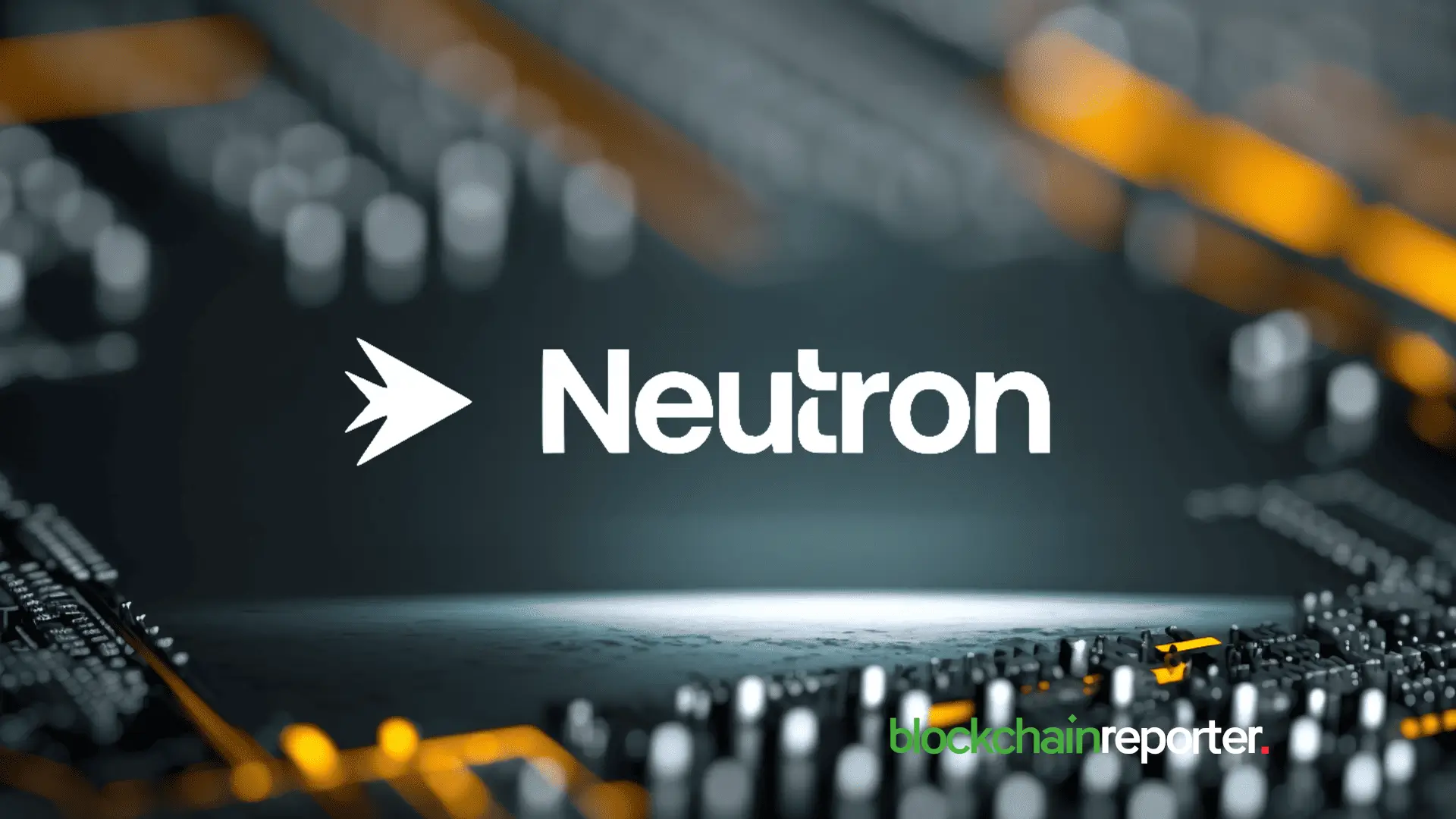Nomura’s Laser Digital Pursues Japan Crypto Trading License
Nomura’s Laser Digital seeks a Japan crypto license to serve institutions, as reforms, tax cuts, and stablecoins fuel market growth.
Nomura’s Laser Digital has opened talks with Japan’s Financial Services Agency (FSA) to secure a crypto trading license. The move is a strategic step towards Asia’s burgeoning digital asset space, where Japan is becoming a keystone player. If approved, the firm plans on offering brokerage services to institutional investors, including financial institutions and cryptocurrency exchanges.
Nomura’s Crypto Arm Pursues License to Serve Japanese Institutions
According to Bloomberg, Nomura subsidiary Laser Digital Holdings AG, which is based in Switzerland, is arranging to apply for the license. Speaking at the start of the event, Chief Executive Jez Mohideen confirmed pre-consultation meetings with Japan’s regulator. The company already has a crypto license in Dubai, where it provides brokerage and asset management services. Expansion in Japan would solidify Laser’s standing in the space alongside traditional institutions and Japanese crypto companies looking for compliant avenues to trade.
Related Reading: Laser Digital Secures Dubai License to Launch Regulated Crypto Derivatives Trading | Live Bitcoin News
Launched in 2022, Laser focuses on asset management, venture capital, and crypto brokerage services. The company has slowly grown its footprint and moved to areas where there are clear regulatory structures established. Its choice to launch its bid to enter Japan dovetails with soaring trading activity and increasing institutional demand for regulated platforms. The firm is optimistic about the licensing approval, which will facilitate long-term growth and also provide a credible entry to the professional investor level through Nomura’s digital arm.
Slightly, the digital asset market in Japan has expanded in 2025. Data provided by the Japan Virtual and Crypto Assets Exchange Association indicates a doubling of the size of the transactions to 33.7 trillion yen (US$230 billion) within the first seven months. This growth has been driven by regulatory reforms, favourable tax treatments, and the launching of yen-backed stablecoins. The reforms have helped make Japan one of the most promising digital asset markets in Asia, analysts say.
Japan’s Crypto Reforms Attract Global Institutional Players
Government Programs have given assurance to investors. The benefits of market steps and favorable regulations for crypto-focused funds have encouraged both retail and institutional participants. Furthermore, a recent approval of yen-backed stablecoin indicated further policy backing for digital innovation. There are indications that lawmakers are now considering additional steps, such as more lenient tax regulations on crypto ownership, to maintain the momentum of the market.
Experts say that the timing of Laser Digital is the ideal illustration of these auspicious conditions. Institutional demand for regulated crypto services has also increased, with the surging trading volumes. “Japan’s reforms are attracting the return of global players to the market,” wrote one industry blog. By applying for an FSA license, this subsidiary of Nomura strives to address this demand while adapting to the changing regulatory environment in Japan.
“Beyond trading volumes, effects are even more widespread.” Others point to the realisation that more institutional involvement would increase Japanese exchange liquidity as well. Furthermore, convergence of domestic regulations with international practices may reduce firms’ regulatory risk, which is the risk associated with regulatory missteps.
For the financial institution, compliance is as important as ever because regulatory overhead can drive weaker institutions into liquidation. While we anticipate the continued growth of lasers, its recent expansion is a sign that the Japanese crypto ecosystem is starting to consolidate.
The post Nomura’s Laser Digital Pursues Japan Crypto Trading License appeared first on Live Bitcoin News.
You May Also Like

China Blocks Nvidia’s RTX Pro 6000D as Local Chips Rise

CME to launch Solana and XRP futures options on October 13, 2025
